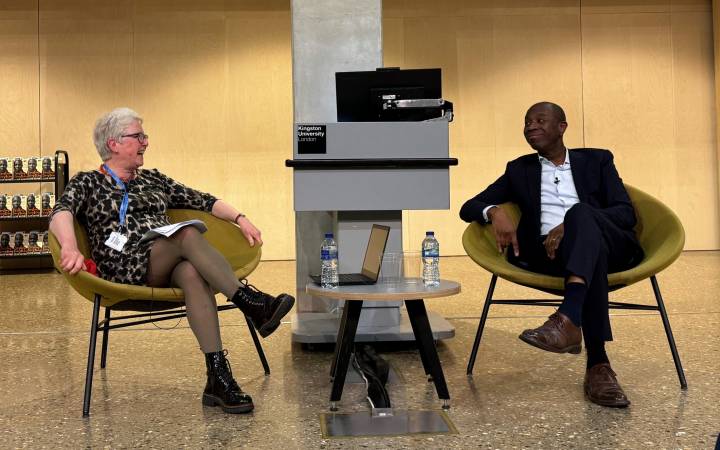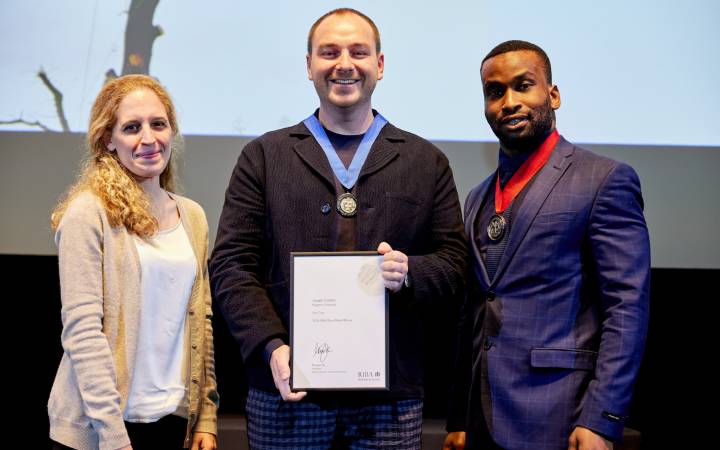Human rights festival examines political future of Iraq
Posted Wednesday 10 April 2013
The political future of Iraq has been the subject of impassioned debate at this year's Kingston University Human Rights Festival.
The festival, which got under way in March and coincides with the 10th anniversary of the invasion of Iraq, opened with an event focusing on the United States' military detention system in the early years of the war in the Middle Eastern nation. The session also explored questions about the legality of the invasion itself and considered what lay in store for the country in years to come.
Human rights PhD student Peter Finn, who has helped organise the festival, said it was important to understand what happened in Iraq from a human rights' perspective. "There are still so many questions today about whether the invasion was legal and whether or not the British public was told the truth by politicians in connection with what went on," Mr Finn said. "The festival has given us the chance to examine those issues in detail and look at the current state of Iraqi politics and how they might evolve in the future."
Speakers at a session entitled Iraq, 10 Years On: Invasion, Conflict and Human Rights included Colonel David Benest, a retired member of the British Army who has written about counter-insurgency and human rights; Ian Cobain, a journalist for The Guardian and author of Cruel Britannia: A Secret History of Torture; and renowned Iraqi lawyer and commentator Sabah Al-Mukhtar.
Sudan has also featured on the festival programme. Former United Nations Sudan chief Dr Mukesh Kapila reflected on his experiences in Darfur at a time when he attempted to alert the world to unfolding genocide. "The events in Sudan are perhaps even more horrific than what's gone in Iraq recently," Mr Finn explained. "Both discussions gave people an ideal forum to consider exactly what has transpired."
The annual festival is being co-ordinated by Professor Philip Spencer from the University's Faculty of Arts and Social Sciences. Other events in the pipeline include talks about the exploitation of natural resources and modern day slavery and an exhibition about the trafficking of children in West Africa.

Contact us
General enquiries:
Journalists only:
- Communications team
Tel: +44 (0)20 8417 3034
Email us



